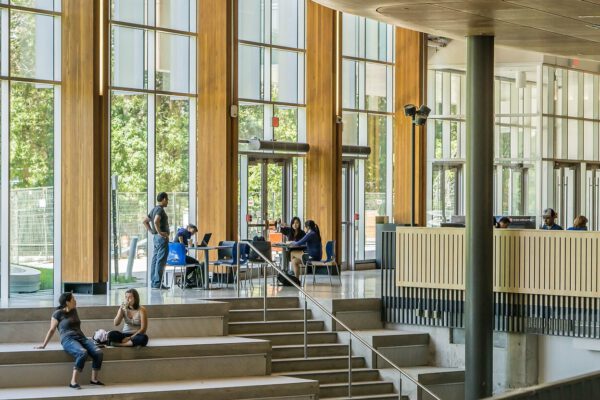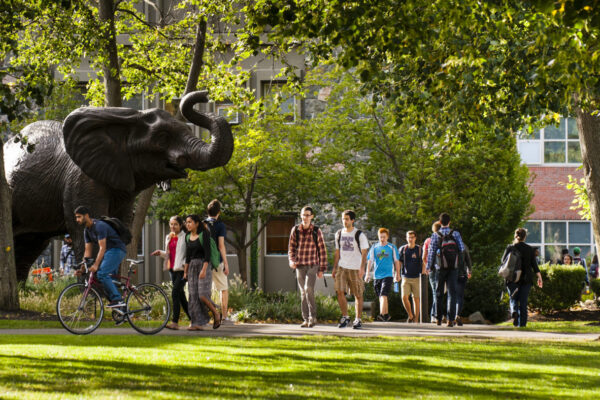Former ACE General Counsel Ada Meloy discusses the need for enhanced state FOIA laws to protect unpublished research data and records.
The high-profile lawsuit involving former University of Virginia professor Michael Mann’s climate change research communiqués has made its way to the Supreme Court of Virginia, where justices heard oral arguments on Jan. 9.
The case—formally known as American Tradition Institute v. the University of Virginia (U.Va)—shines a light on the need for public institutions nationwide to examine whether state laws protect them against being compelled to disclose unpublished research data, scholarly communications and other internal working documents.
The commonwealth’s lower court ruled in favor of U.Va. last April, finding that many of Mann’s documents and emails were protected under the Virginia Freedom of Information Act (FOIA). When the American Tradition Institute appealed to the state Supreme Court, ACE and a group of six higher education groups submitted an amicus brief to support U.Va.’s case, arguing that a reversal of the circuit court’s ruling would chill academic inquiry and interfere with academic debate. We also believe that overturning the decision could remove any incentive for those making FOIA requests to be reasonable in their demands for documents—and the costs to public universities could escalate.
During the Supreme Court argument, one justice commented that the state legislature surely didn’t mean to put public universities and their faculties at a disadvantage to the state’s private institutions, which are not subject to FOIA. Other justices noted with concern that potentially thousands of other Virginia FOIA cases could arise in the future, and the decision interpreting the statute must be made in that context.
There is a drive for more transparency in federally funded research, and it has become common for scholars to release data after research is published. But the issue before the court involves access to research materials before they are published or, in the U.Va. case, materials that were not actually used in the research ultimately published.
Some states have statutes in place protecting against the compelled disclosure of unpublished research data as well as internal documents, records and emails related to research. The broadest protections are in Arizona, Delaware, Indiana, New Jersey and Utah. Several states—Colorado, Illinois, Maryland and Wisconsin—incorporate a balancing test to assess whether such records should be protected. Ten other states have statutes that focus on proprietary rights and unpublished materials, similar to the Virginia law.
But a majority of states have no specific statutory basis for withholding university research records incorporated in the state FOIA law.
If you are a public research institution in a state that falls in this category, you may want to consider asking state lawmakers to amend the state FOIA to put appropriate protections in place.
And institutions that receive records requests for unpublished research data and scholarly communications may want to consult with other institutions that have handled such requests and consider taking legal action to protect data when warranted.
The University of California, Los Angeles (UCLA) recently drafted a statement directed at the problems that may arise from demands for information that are overly broad.
While noting that FOIA plays an important role in a democratic society and often in academic research, the UCLA Statement on the Principles of Scholarly Research and Public Records Requests proclaims that “faculty scholarly communications must be protected from…(state and federal FOIA) requests to guard the principle of academic freedom, the integrity of the research process and peer review, and the broader teaching and research mission of the university.”
Meanwhile, the U.Va. case is being watched by many researchers and institutions’ legal counsels. The university has done a service on behalf of the protection of research for public institutions by vigorously defending the confidentiality of records in this case.
To gird for more hard-fought cases ahead, perhaps the higher education community can present a consistent stance on the issue of protecting unpublished research data and records. More state FOIA laws with reasonable protections in place would also ease the path.
A decision in the case is expected Feb. 28.
If you have any questions or comments about this blog post, please contact us.


